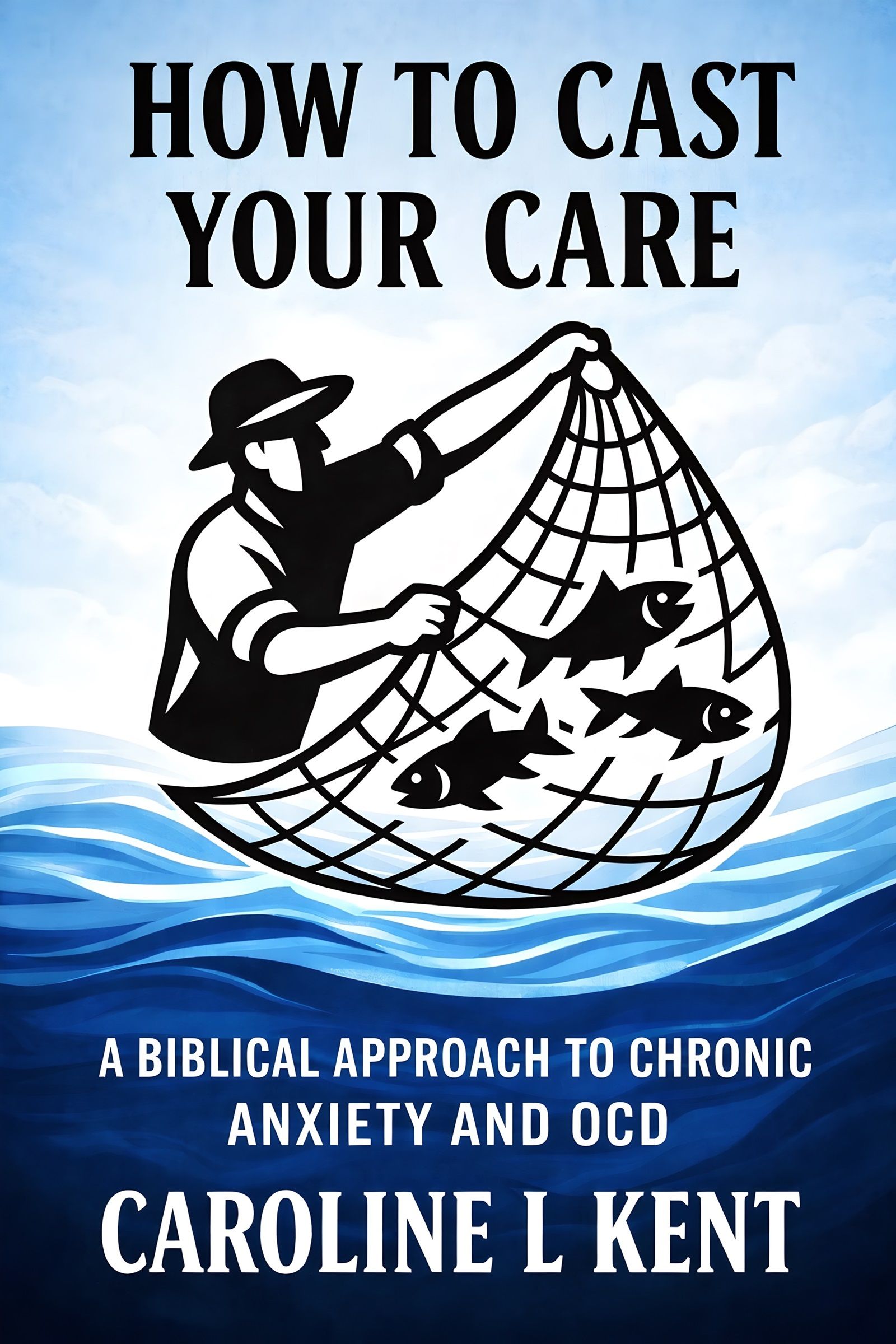Biblical Love 2
Love is Transforming

Expounding 1 Corinthians 13:5 – Love and Its Transformative Power in Struggling Marriages
1 Corinthians 13:5 states, “[Love] doth not behave itself unseemly, seeketh not her own, is not easily provoked, thinketh no evil” (KJV). This verse provides profound insight into how love governs interpersonal relationships, especially marriage. Let’s explore each term in detail and consider its application to a marriage that is strained by conflict or misunderstanding.
Key Terms and Their Contextual Meaning
1.“Doth not behave itself unseemly” (Courtesy):
- Definition: Love is not rude, inappropriate, or inconsiderate. It carries the idea of honourable and respectful behaviour in all circumstances.
- Biblical Insight: Jesus’ interactions, even with those who opposed Him, often reflected respect and dignity (e.g., His treatment of the Samaritan woman in John 4:7-26).
Application in Marriage:
- Courtesy in marriage means avoiding harsh words, belittling remarks, or behaviours that demean your spouse.
- Example: A husband who refrains from interrupting his wife during a disagreement models love’s respect.
- Puritan Perspective: Richard Baxter exhorted couples to practice mutual courtesy, writing, “A family must be governed by love, and not by fury, as a tyrant rules his slaves” (The Christian Directory).
2.“Seeketh not her own” (Selflessness):
- Definition: Love prioritises the needs and well-being of others over selfish desires. It embodies the principle of sacrificial giving.
- Biblical Insight: Christ’s sacrificial death on the cross epitomises love that “seeketh not her own” (Philippians 2:5-8).
Application in Marriage:
- A selfless spouse looks for ways to meet their partner’s needs, even when it requires personal sacrifice.
- Example: A wife might choose to listen to her husband’s concerns after a long day, setting aside her own exhaustion to be fully present.
- Reflective Question: How can I tangibly prioritise my spouse’s needs this week?
3.“Is not easily provoked” (Emotional Restraint):
- Definition: Love is not quick to anger or irritability. It maintains self-control under provocation.
- Biblical Insight: James 1:19 encourages believers to be “slow to anger,” reflecting a spirit of patience and grace.
Application in Marriage:
- Emotional restraint prevents conflicts from escalating and allows time for thoughtful responses.
- Example: A spouse who feels frustrated over financial stress might pause to pray and compose themselves rather than lashing out.
- Interactive Challenge: When was the last time I paused before responding in anger? How did it change the outcome?
4.“Thinketh no evil” (Forgiveness and Trust):
- Definition: Love keeps no record of wrongs and does not assume the worst about another. It actively chooses to forgive.
- Biblical Insight: God’s forgiveness, described in Psalm 103:12, reminds us of His ability to “remove our transgressions” completely.
Application in Marriage:
- A marriage free from “thinking evil” is one where forgiveness is freely given, and past grievances are not weaponised in future arguments.
- Example: A husband might consciously decide not to bring up his wife’s past mistake during a current disagreement, choosing instead to focus on resolving the present issue.
- Puritan Wisdom: Thomas Watson observed, “We need not climb up to heaven to fetch forgiveness down; Christ has brought it down to our hearts already” (Body of Divinity).
Practical Applications for Struggling Marriages
- Journaling Prompt: Reflect on each aspect of love in this verse. Write down areas where you’ve fallen short and confess them to God. Pray for His help to grow in these virtues.
- Couple’s Challenge: Set aside one evening this week to discuss these qualities with your spouse. Identify one practical way each of you can demonstrate selflessness, courtesy, emotional restraint, and forgiveness.
- Scripture Meditation: Memorise 1 Corinthians 13:5 together. Recite it during moments of tension to remind yourselves of love’s characteristics.
Encouragement for Marriages
John Bunyan, in The Pilgrim’s Progress, wrote, “He who has love in his heart has spurs in his sides.” Love moves us to act, even when it is difficult or sacrificial. A struggling marriage is not beyond hope when love’s qualities are intentionally practised, for God supplies the grace to love as He loves us.
Reflection Question: How does knowing that God keeps no record of your wrongs encourage you to forgive your spouse?
May you find strength in the transformative power of Christlike love, remembering that “love never faileth” (1 Corinthians 13:8 KJV).








